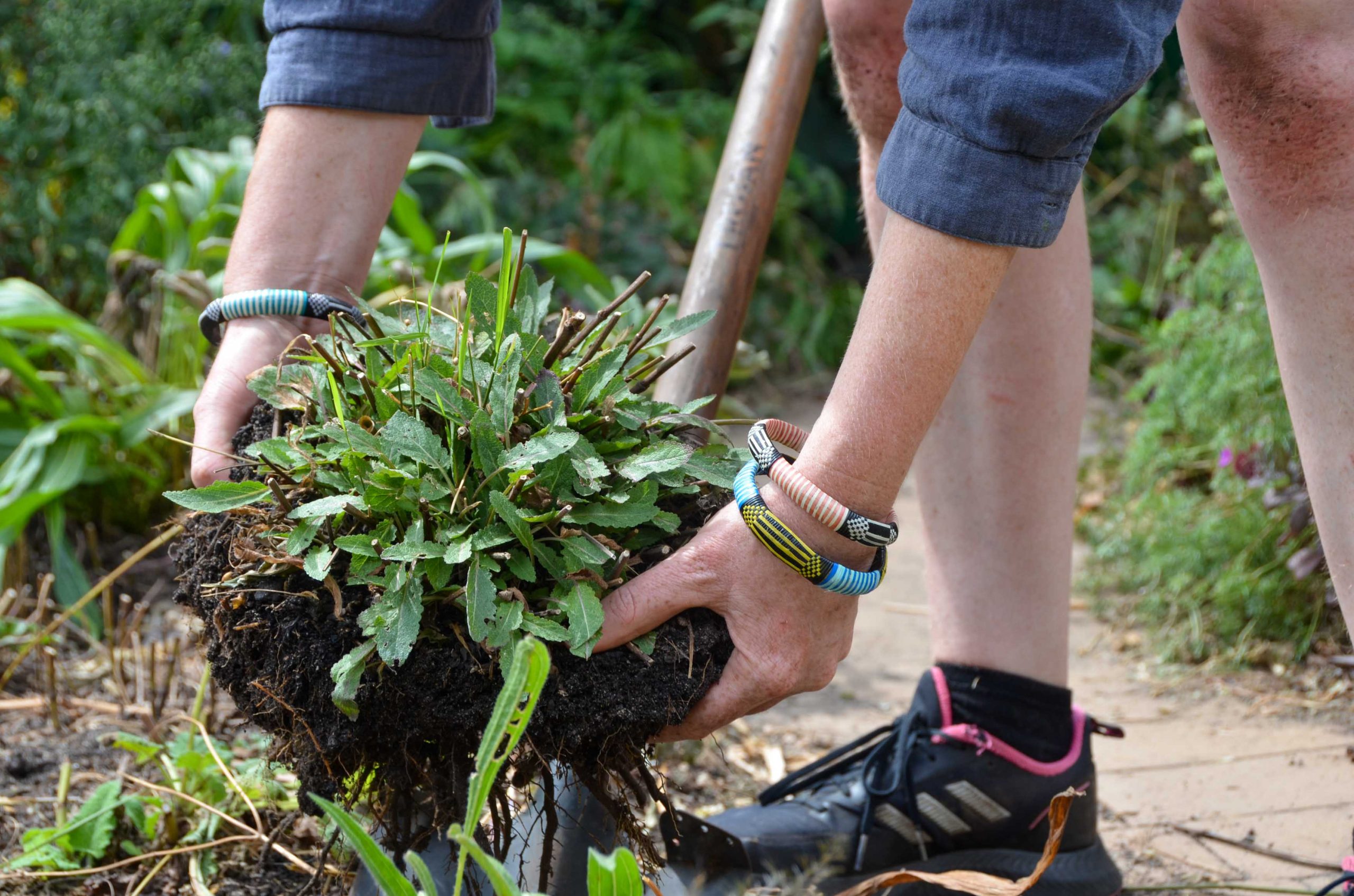Letter from the Editor: Welcome to Wonderground

- Words by
- Georgina Reid
- Images by
- Daniel Shipp
When you stop changing you are dead. A great sentence to begin with, though not entirely true. Apparently your hair and toenails continue to grow for a while, and your body turns into earth eventually. The point is this: nothing stays the same. Ever.
The Planthunter is now Wonderground. I could end here, but being deeply invested in this project – in fact, living this project – it is important for me to explain the reasons behind the change, both pragmatic and philosophical.
The pragmatic: The Planthunter does not speak to the breadth of topics and ideas we publish. Yes, there is a focus on plants and gardens, but they’re merely a lens through which to explore bigger questions around nature and culture, about what it means to be here, now. The Planthunter, as a title for a website that roams beyond the garden fence and offers rather little in the way of botanical and plant sourcing information, is misleading and somewhat limiting.
The philosophical: I launched The Planthunter in 2013. I chose the name because it sounded strong and bold, and I liked the idea of people traipsing to all corners of the globe, searching for plants. It was romantic, it was brave, it showed a value that I felt plants no longer had. I cringe writing these words now, because I feel their naivety.
What I didn’t consider at the time – beneath the stories of ‘discovery’, of triumphant return with Wardian cases full of live plants from the other side of the world, of the wild adventures undertaken by brave, reckless (nearly always) men – was the impetus for all this plant hunting. Was it a search for knowledge and understanding? Was it the desire for beauty? Was it because people loved plants and wanted to be near them? Possibly, yes. But it doesn’t end there. Plant hunting was an essential element of the colonial project. As Alexandre Antonelli, Director of Science at Royal Botanic Gardens, Kew writes in The Conversation: ‘For hundreds of years, rich countries in the north have exploited natural resources and human knowledge in the south. Colonial botanists would embark on dangerous expeditions in the name of science but were ultimately tasked with finding economically profitable plants.’ Much of Kew’s work in the 19th century focused on moving plants around the British empire, he continues, meaning ‘we too have a legacy that is deeply rooted in colonialism.’
This is a murky tale. The plants that have transformed the world – sometimes for better, sometimes for worse – are deeply embedded in the colonial story. Medicines, building materials, food crops. Our modern world is shaped by the actions of the early plant hunters and those who employed them. But other worlds were broken by them. The damage has long been ignored, the violence ongoing and often invisible.
Language is power. Sir Joseph Banks and Daniel Solander collected hundreds of specimens from Kamay, or Botany Bay, and these were pressed and drawn and given Linnaean binomial names. They were ‘discovered’, named after men on the other side of the world, and placed within a system that is still in use today. I know this system. I operate within it. I appreciate it. But I also know it is not the only way to organise a world-view. Seeing nature as a resource to be collected and categorised and ‘used’ has resulted in affluence for people like me, and deep injustice for many others.
Language is power. I am not convinced that the language used to create the world we’re now living within is the language we need to make a better one.
Language is power. I do not want to perpetuate old stories, old violence, by using language from old worlds.
Wonderground is a new world word, and it smiles. It says: look here, look closer, get down on your knees, wiggle your fingers into the earth. Inhale! Feel! See!
Despite the advice from smart branding people who say ‘Don’t do it! What about your brand equity? What about your audience?’ I say this: It is more important to do what is right than to be scared of what has not happened yet. Do not get me wrong. I am scared. But I am no prisoner. I am driven by the urgency, and necessity, of engaging in work that cultivates stories of growth, regeneration and connection. To care, deeply, for our only home, Earth. There is no time to indulge in fear, but plenty of space for action.
And so we grow. And so we learn. And so we change.
Thank you for evolving with Wonderground.
–
FURTHER READING: Explainer: The Planthunter is now Wonderground







